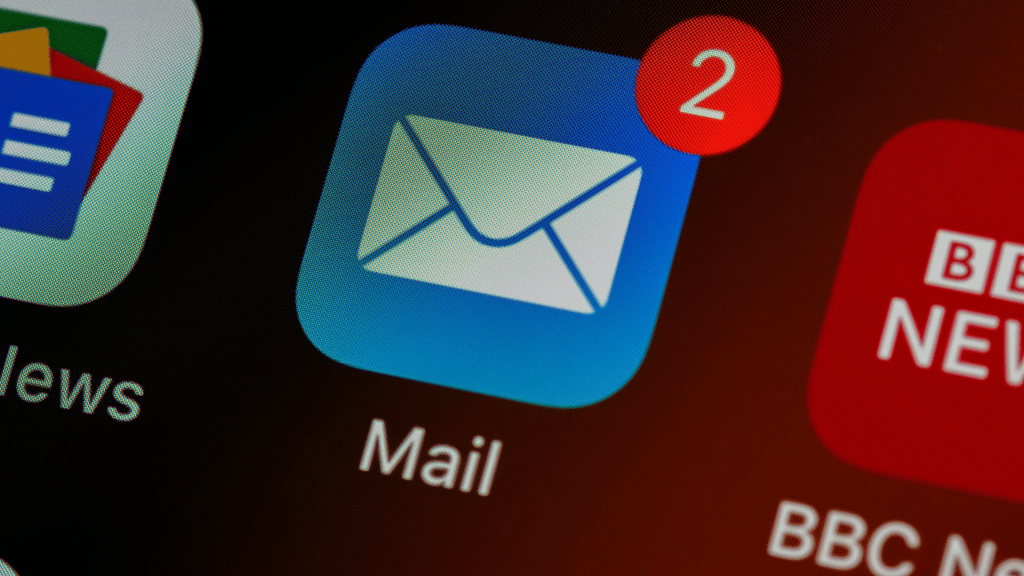These 7 email mistakes could cost you that job offer

When you’re job hunting, you’re on high alert for every mistake you can possibly make: you run your resume by every friend you have, carefully craft a cover letter, scrutinize every detail you put into the job application and spend hours preparing for your interview.
But did you ever stop to think that you could make it all the way to a final interview only to lose the job offer to something as small as an email?
Jennie Ellis, founder and CEO of Recruiting Bandwidth, tells recruitment specialist, Glassdoor, that she wants job hunters to understand that every interaction they have with a prospective employer reflects on them, and that goes for the highly visible parts of a job hunt (like a resume, cover letter, application, and interview) and the behind-the-scenes communication that goes on in an email inbox.
If you want to make sure you’re presenting yourself professionally at all times, make sure you’re not making these nine common email mistakes, notes Glassdoor:
- Writing misleading email subjects
The way you communicate should express respect, and that starts with being accurate and honest. Make sure you’re using email subjects that convey exactly what you mean, not clickbait email headlines that encourage the reader to open but leave them disappointed in the content.
“I don’t appreciate an intrusive, alarmist approach,” said Ellis. “For example, in email subject stating someone has an urgent need to speak to me, but when I open it, it’s just a solicitation [for] a job. Simply be transparent — include the position title in the subject, or if you were referred by someone who knows the recipient, state that.” - Using the wrong name or title
In the Internet age, addressing an email ‘To whom it may concern’ or an incorrect name often shows a lack of initiative — more often than not, that information is available online. Furthermore, out-of-touch salutations can be a clue for recruiters and hiring managers that you may not fit in with the culture.
“For example, [some] women don’t typically like being addressed as Ms. or Mrs. in email,” said Ellis. “If someone did this to me I would think they were old school and [did] not get our informal tech culture.” - Not getting to the point
One danger of communicating with prospective employers by email is that you have plenty of time to linger on your draft until it expands into a mini-treatise on why you should be hired.
Skip the long correspondence and try to keep your emails to 3-5 sentences or less.
“Long, rambling emails when I didn’t ask for one in the first place assumes that I have nothing better to do than listen to a candidate go on about themselves,” explained Ellis. “Instead, think about what is the most important thing you need to convey and be clear and concise about it.” - Cutting corners on language
You don’t want to treat an email like a 10-page term paper, but you also don’t want to treat it like a text to your best friend.
No matter how informal a company culture, you’ll always need to write with full words, full sentences and good grammar and spelling.
“I cannot stand it when people use text acronyms in email messages in something that should be as formal as a cover letter,” said Ellis. “It shows an immaturity and disrespect for a job seeker to be that informal to someone they don’t know.” - Not customizing your note
Recruiters get it — you may be a very busy, in-demand candidate trying to coordinate interviews and follow-up materials with several companies at a time. But that’s no excuse to send everyone the same content.
“Sending vague emails that are clearly part of a massive blind copy blast is a big mistake,” said Ellis. “Many recruiters are screening your emails to see if you pay attention to details, and getting obviously copy-and-paste responses without any personal details is a big red flag.” - Using an unprofessional email address
Your email address should be some combination of your first name, initials and last name. Anything else should be reserved exclusively for personal use.
“Using an inappropriate personal email address to apply for jobs is really unprofessional and it may affect whether or not the hiring manager takes you seriously,” said Ellis.
“For example, I once had an email from ‘stoner54@’ come through the ATS once, and I thought it was a joke.” - Following up too aggressively
In a competitive job market, there’s a lot of pressure to express your interest in a position. Unfortunately, this can lead a lot of candidates to be more aggressive than they should be, which runs the risk of turning off the hiring manager.
You’re better off directing your energy to following directions for applying for a job and carefully reading all of the instructions you receive throughout the interview process — and nothing more.
“Emailing too often in the course of an interview process — especially if you’ve been told to expect a reply in a couple of days — can be very frustrating for a recruiter,” said Ellis. “Likewise, not responding in a timely manner to an email that necessitates a response from the potential employer can take you out of the running for a job.”
Originally and fully published on Businesstech.co.za



